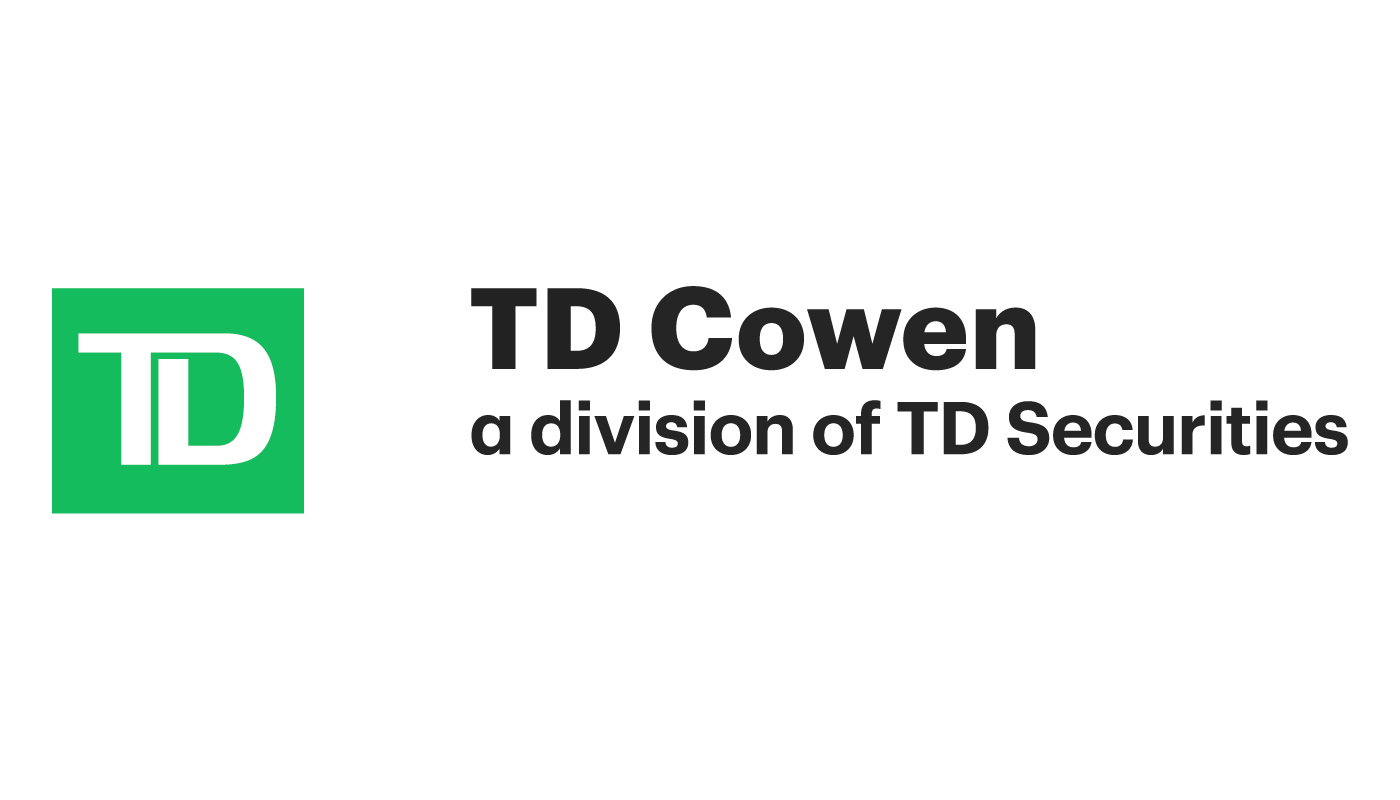Breathtaking volatility in crypto valuations and the implosion of leading infrastructure firms rocked the crypto industry. Now, FTX stands as the new poster child for an offshore crypto industry in turmoil.
The inevitable disruptions were swift and severe for FTX, perhaps the best-known industry infrastructure player for crypto accounts and trading. Now, we begin methodically sorting through the mostly offshore and unregulated events and actions that left FTX investors and account holders full of regret around the world.
The FTX saga may play out as one of the largest and most complicated financial firm bankruptcies ever (think Madoff and MF Global) — involving malfeasance, fraud, and diverting customer funds accounts to cover trading losses. While this has garnered headlines and attention globally, wise investors can draw on past examples of fraud and new lessons learned from crypto to avoid making the same mistakes again.
Poor or No Regulation?
The incident raises, once again, the call for regulatory oversight of crypto markets. Whether and how to regulate this sector has become a pressing question as crypto valuations struggle and weakly funded players continue to teeter on the brink of insolvency.
Do we need a new regulatory regime here? Probably not. Around the globe, regulatory authorities and lawmakers simply need to clarify any confusion on regulatory jurisdiction and overall responsibility and coverage for these mushrooming digital assets and markets.
This includes registering businesses that support execution, custody, and clearing with appropriate financial market regulators and ensuring they abide by well-established investor safeguards (e.g., plain language disclosures, no conmingling of assets) to provide investors with some basic protections. And, stablecoin products could easily be designated as systemically important payment, clearing, and settlement activities.
The biggest regulatory outlier in the crypto asset/crypto currency discussion remains the individual e-token coins. These coins may be the area most subject to fraud and speculative excess. Numbering more than 22,000 across the world, of which some 9,000 remain active, experts can’t agree as to how and whether these “alt coins or alts” should be regulated. They represent a hugely different category of rule challenges when considering where they live in the crypto asset world.
Such coins are completely virtual assets, regularly transacting across multiple, unregulated jurisdictions. Issuers often use highly variable practices to market, issue, trade, clear and custody each coin. Equally concerning are questions around cybersecurity. From a regulatory standpoint, virtually all of these alt coins are a hodge-podge of digitally fabricated “investment opportunities” with unclear intrinsic value or business fundamentals as to their financial or economic value. To be blunt, they have traded primarily as a speculation vehicle driven by social media hype and sentiment.
In a recent report by CFA Institute, we recommend a pragmatic approach to crypto regulation. Given the inherently cross-border and decentralized nature of blockchain processes, regulators must find ways to better harmonize regulatory frameworks at an international level. Recent CPMI-IOSCO guidance makes clear the Principles for Financial Market Infrastructures apply to these structures – a good start. Regulators should also remain technology neutral — not adjudicate which technological developments offer markets, investors, and consumers the most benefit.
Critically, authorities should not usurp long-established and well-functioning approaches to financial market regulation and investor protections simply because a technology is promising or will be viewed as political innovation. As FTX aptly demonstrates, serious and often unknown risks frequently lurk and should not be trifled with by experimental or light-touch regulation. Warning signs of speculative excess abound, and existing market and fraud rules almost certainly cover bad actors.
FOMO – Not a Strategy
Many investors around the world believe that crypto is the next big market-changing event. They are gripped by the fear of missing out and look for regulatory imprimatur that crypto is ripe for a portfolio allocation for all investors. Unfortunately, neither FOMO nor regulation will compensate for blind greed, making a statement against established economic systems, or simply betting on digitally fabricated money.
Understand the Basics
Time-tested due diligence may help you avoid the next FTX. Ask:
- Is my crypto investment decision grounded in a sound investment understanding of the asset?
- Do I have a clear and plausible crypto use case for my investment?
- Do I understand sufficiently the prospects for this crypto investment, using traditional intrinsic, economic, financial, or operating business factors?
- Do I understand that the market price and trading of most alt coins may be based on hype and speculation?
- Do I understand the distinctions between investing in crypto infrastructure and technology businesses from investing in individual alt coins?
Crypto may or may not be the next big thing. Either way, it is vital to keep basic investment truths in mind as a useful balance to FOMO. Make sure your foray into crypto does not end in tears.
The views and opinions expressed herein are the views and opinions of the author and do not necessarily reflect those of Nasdaq, Inc.







































